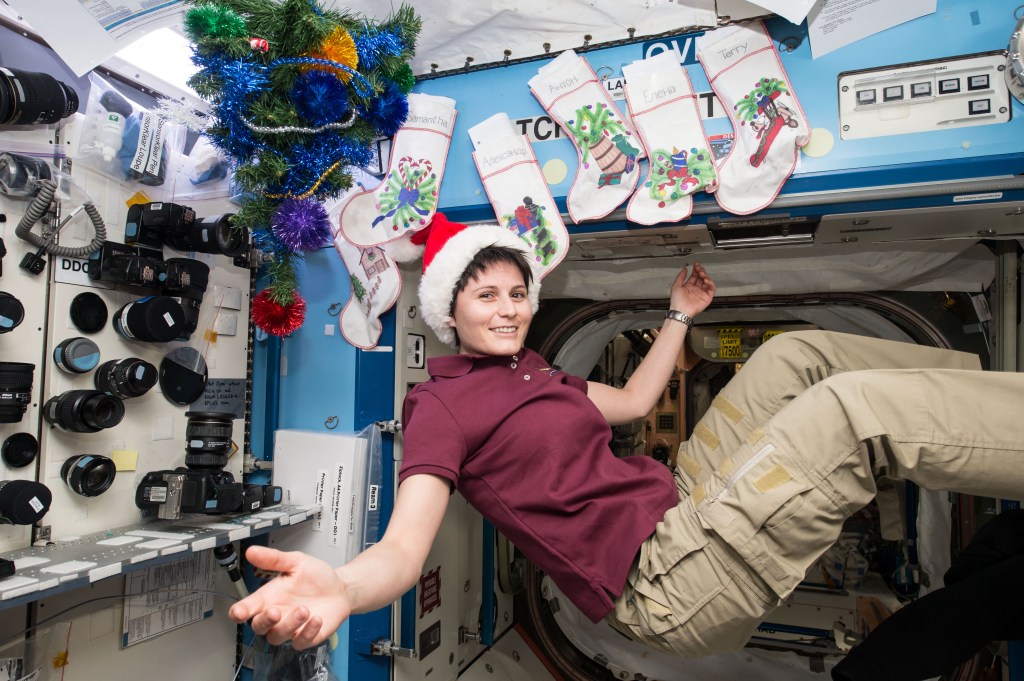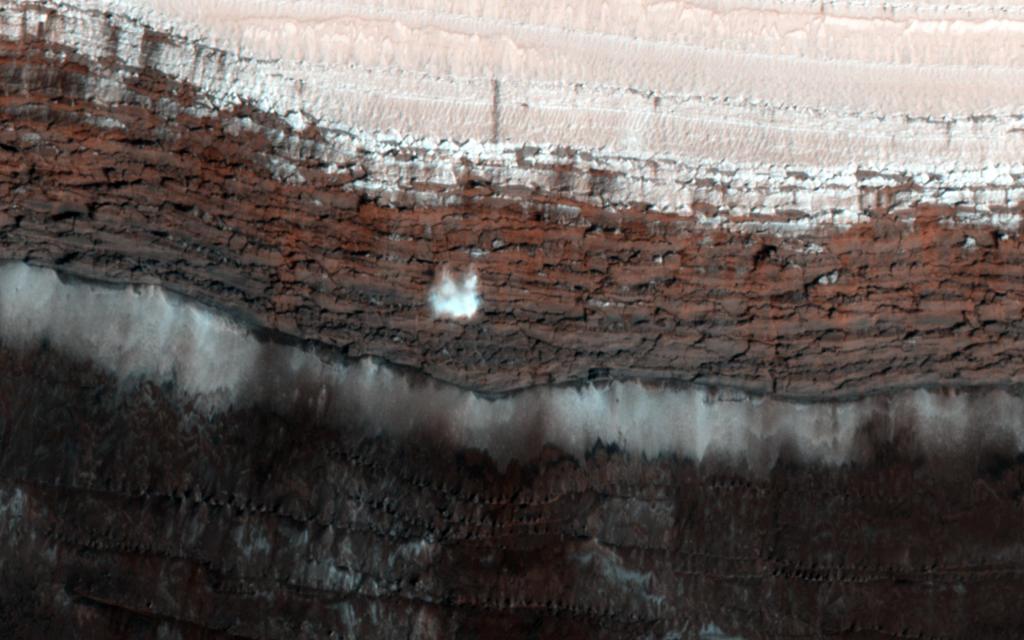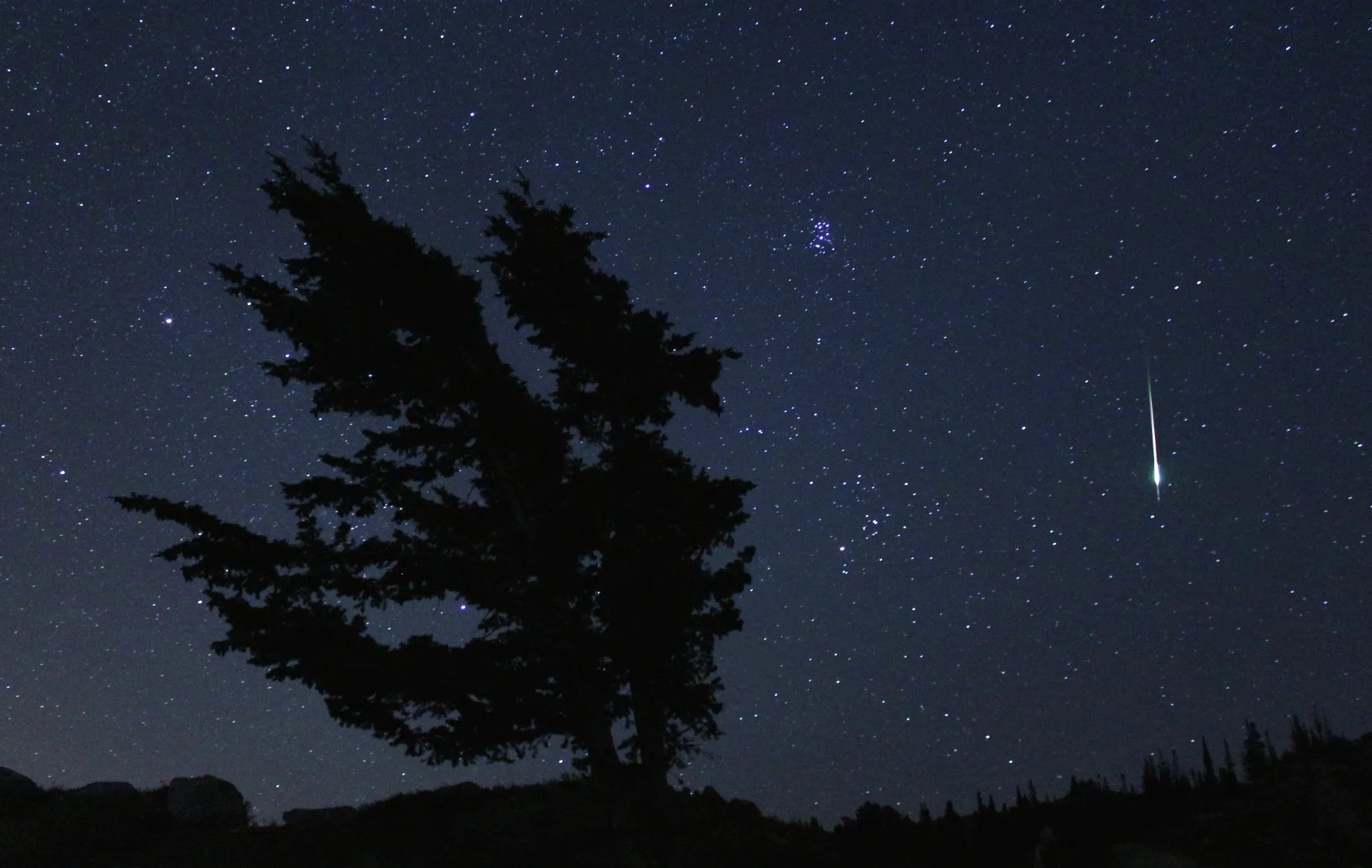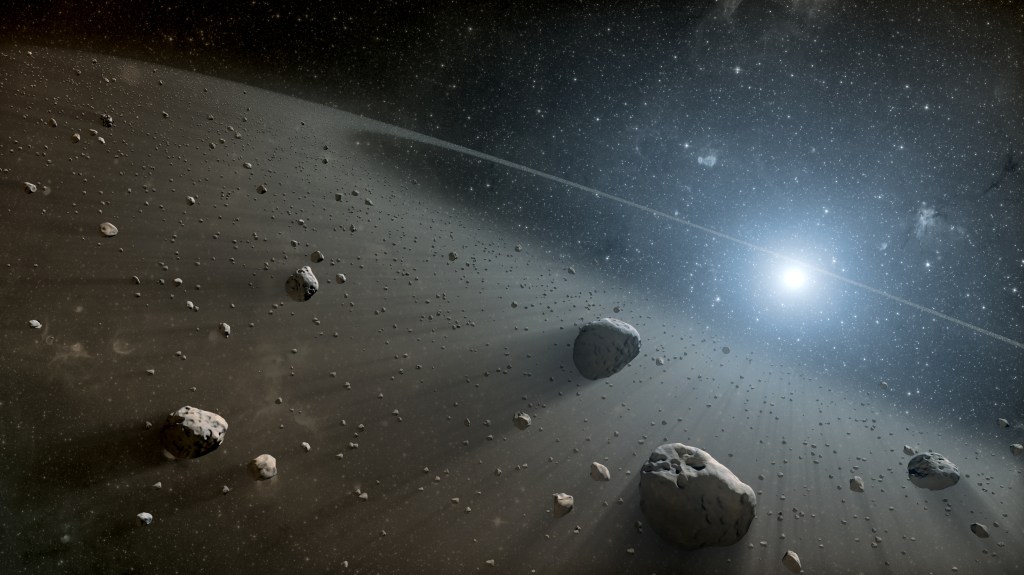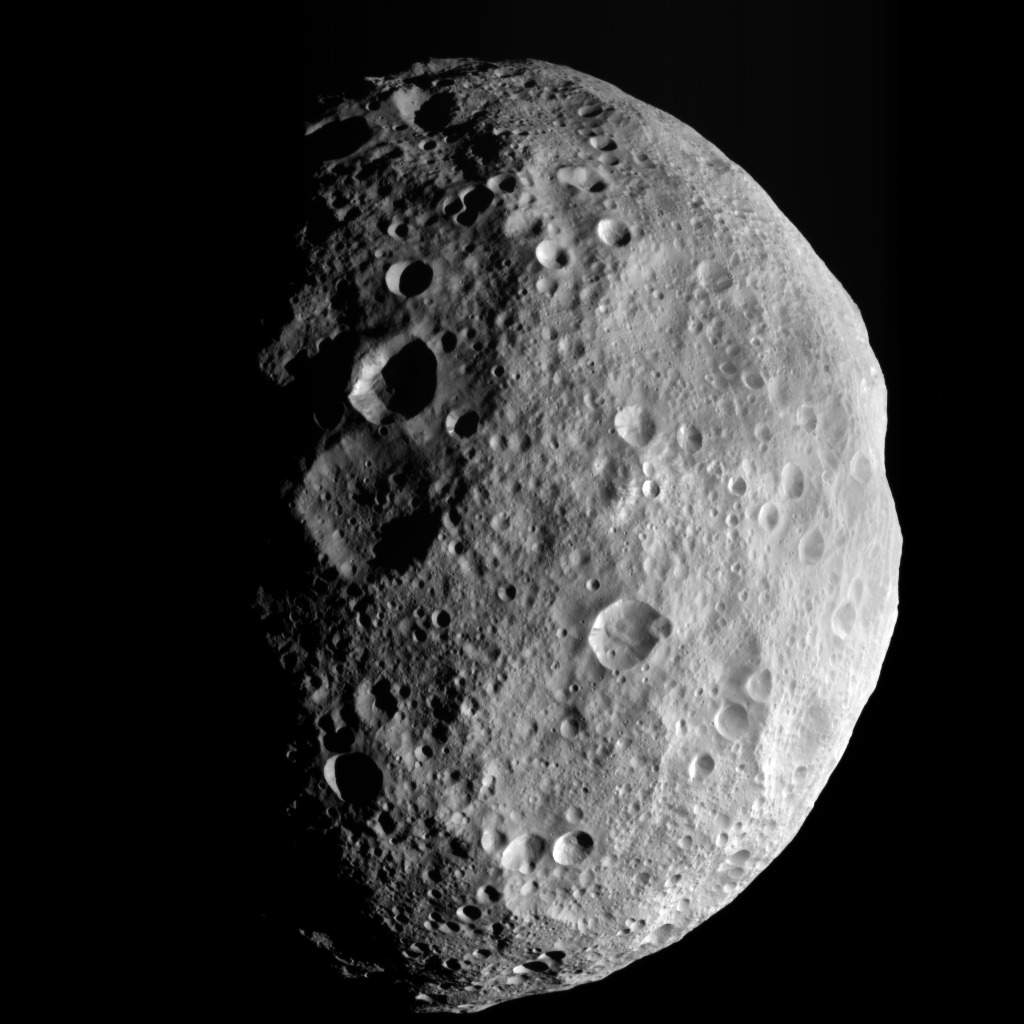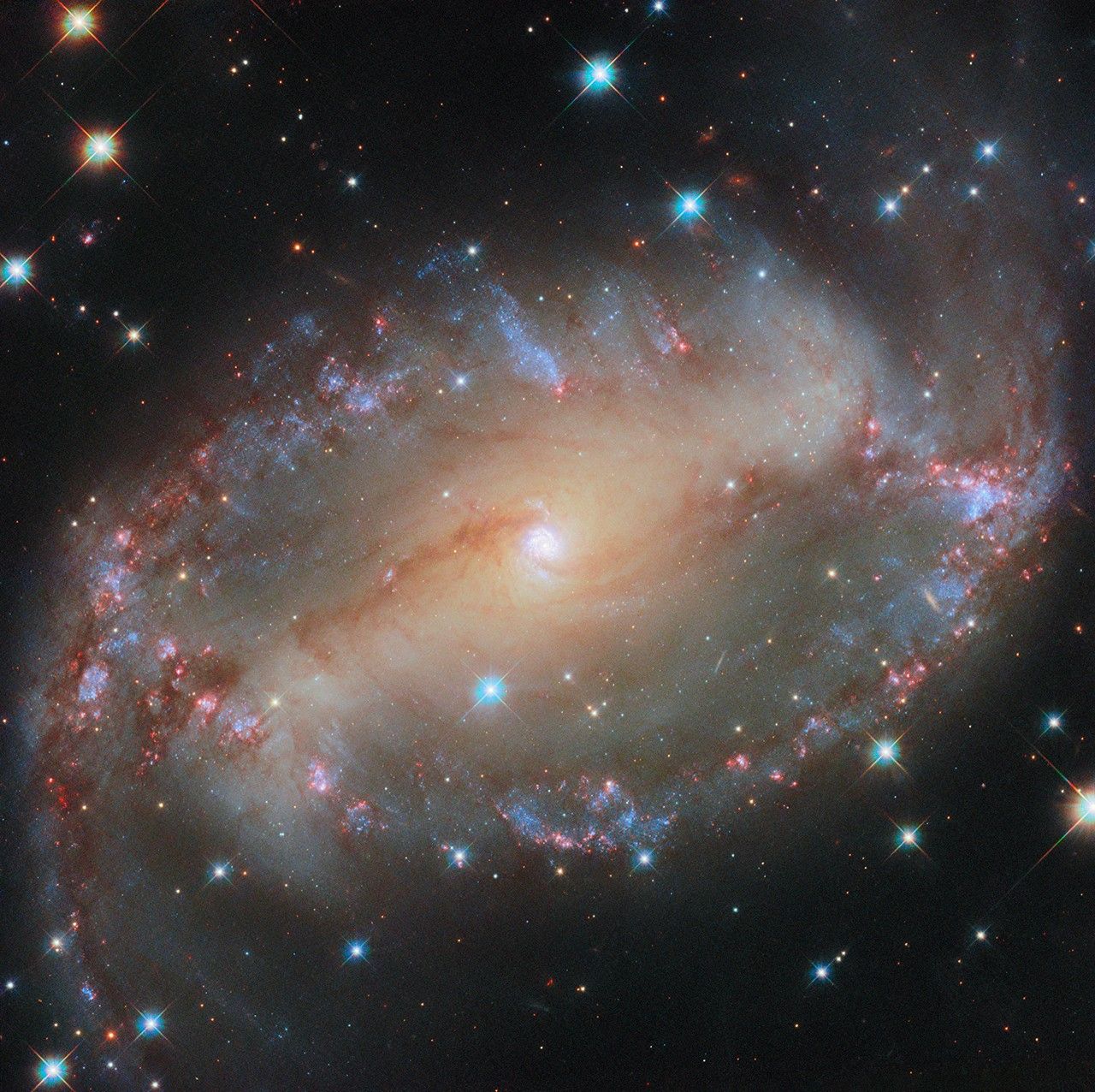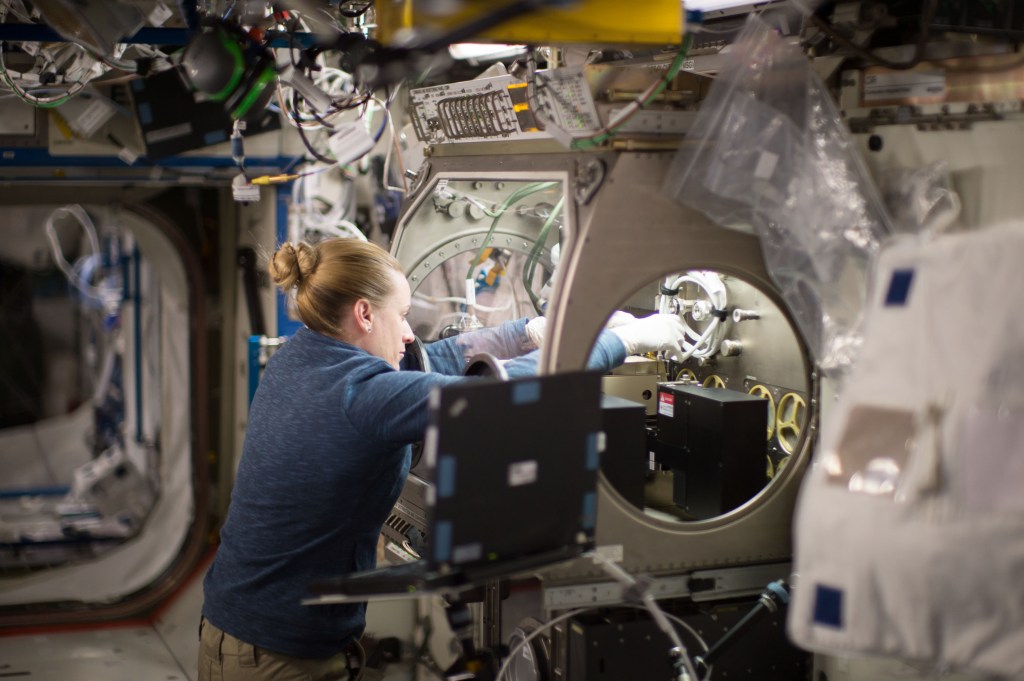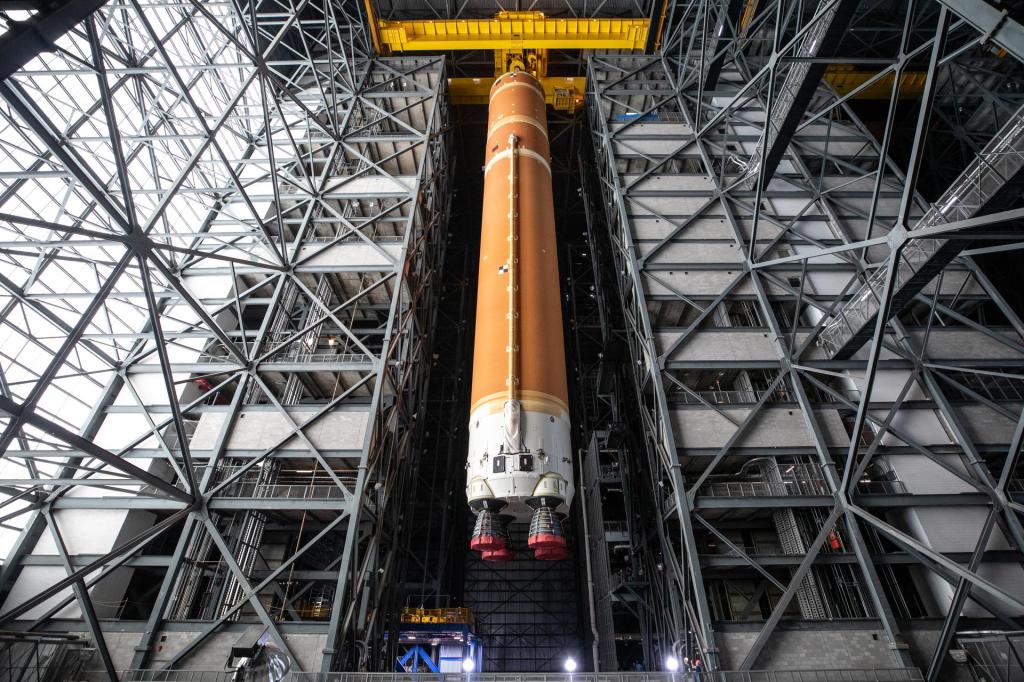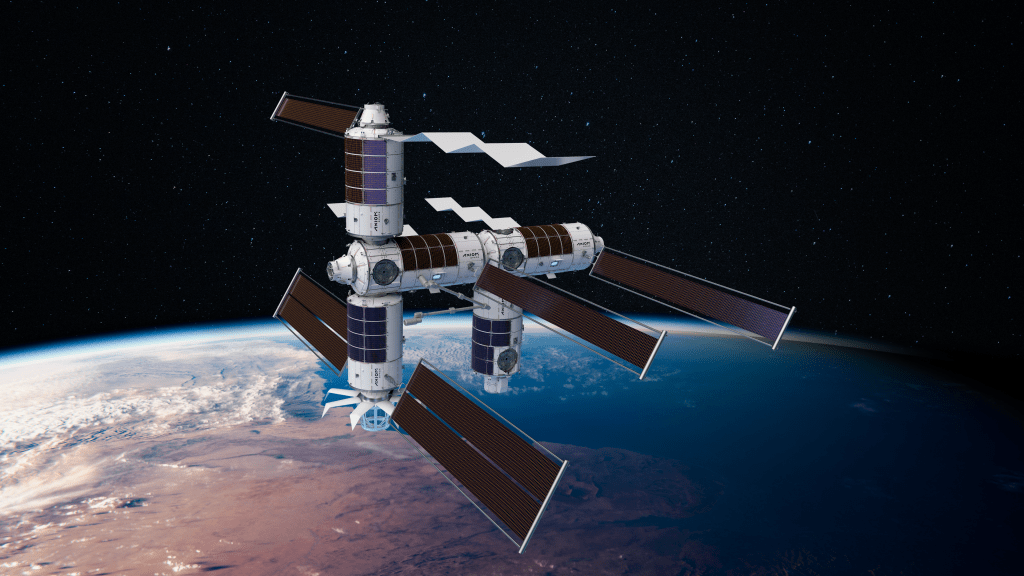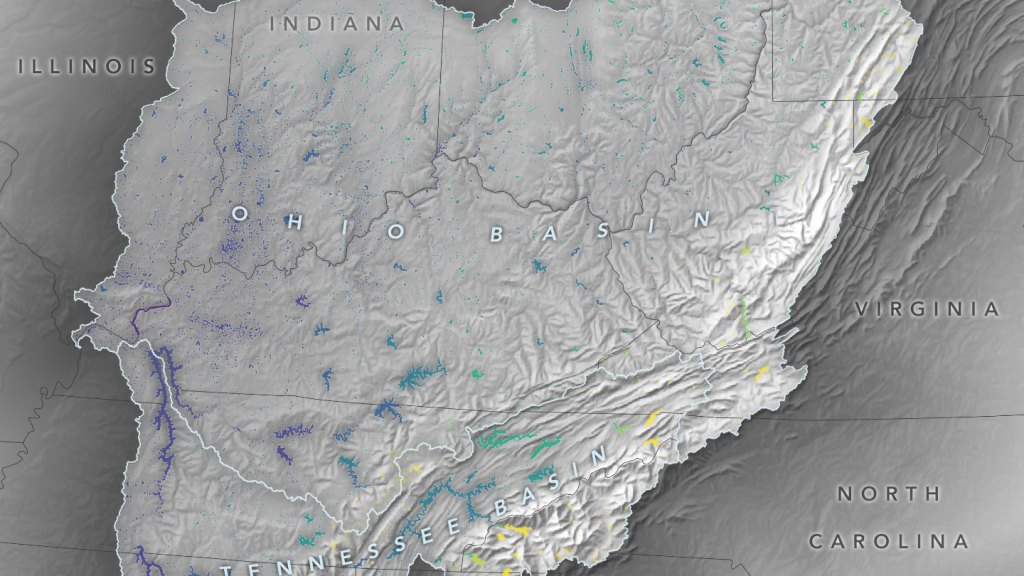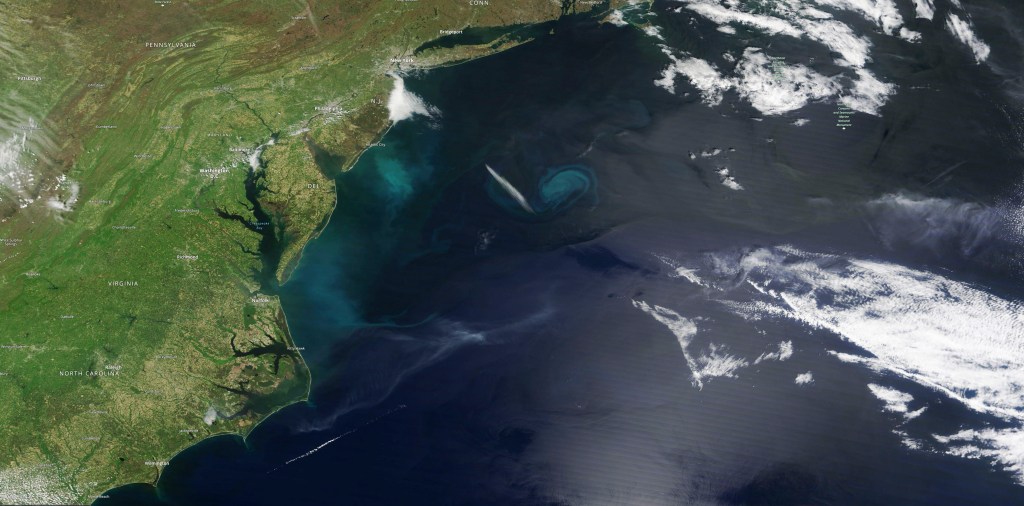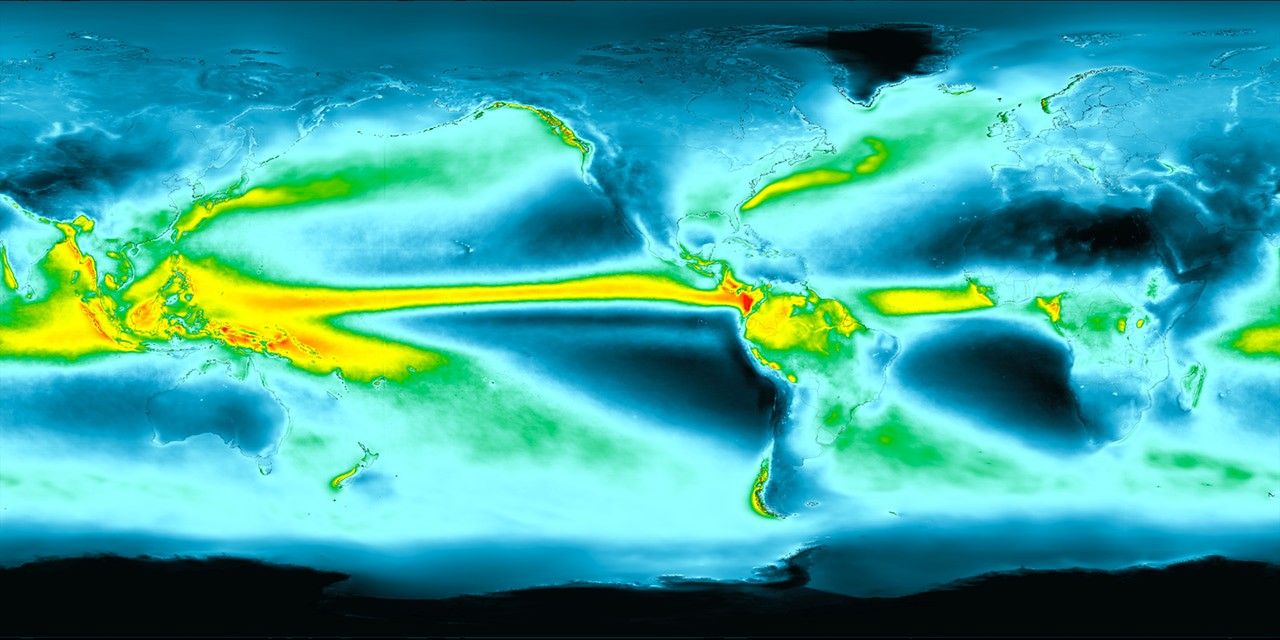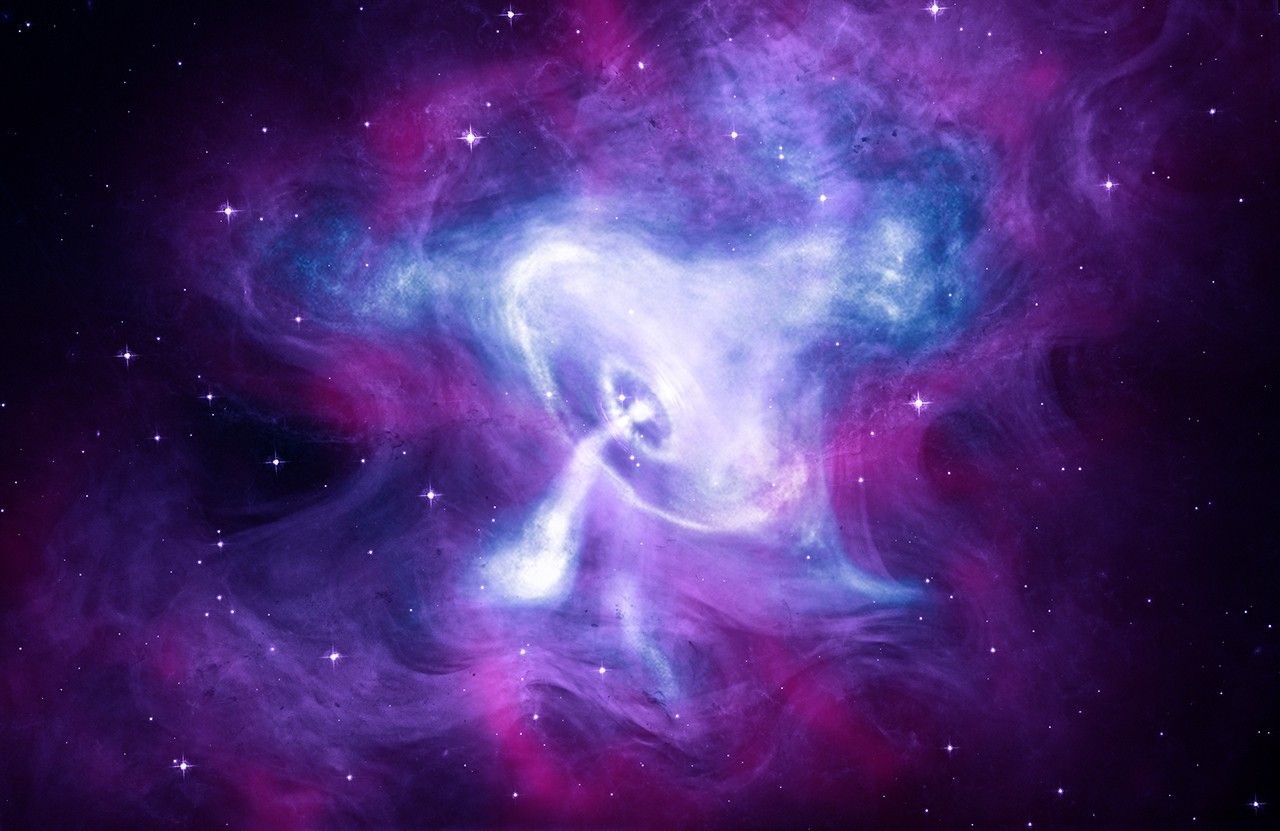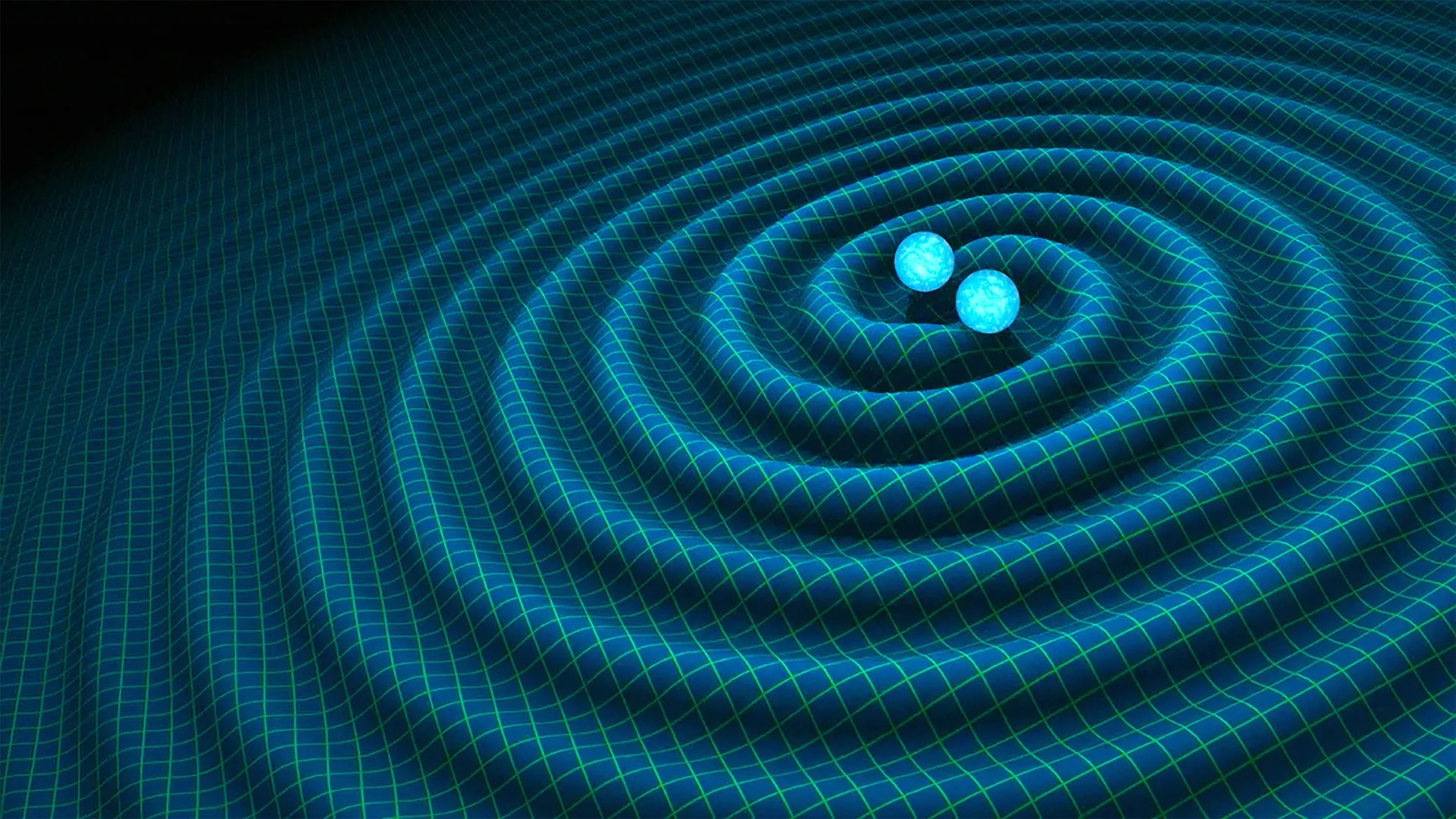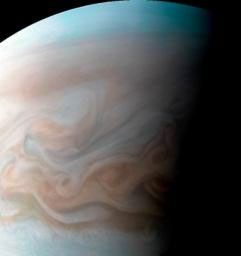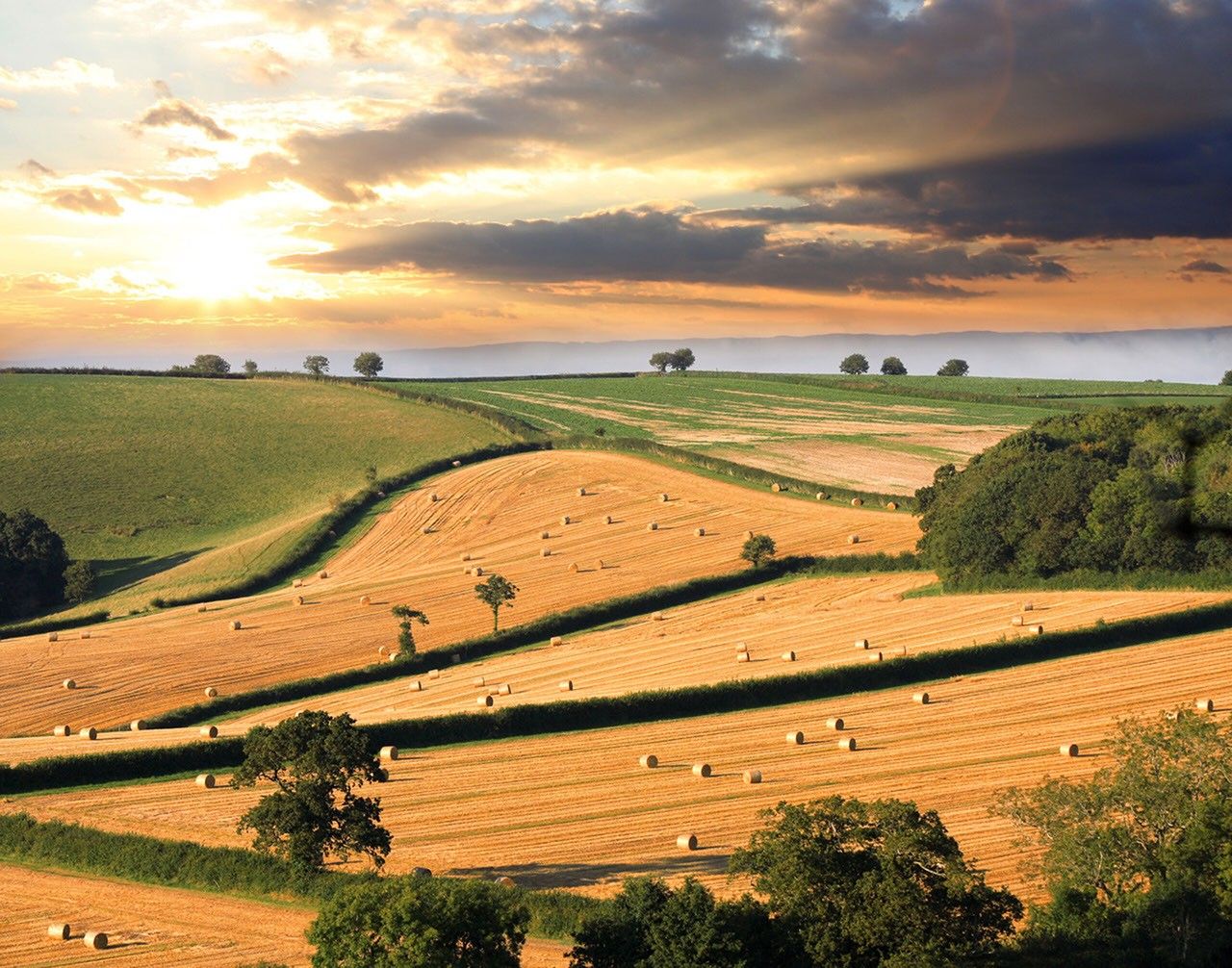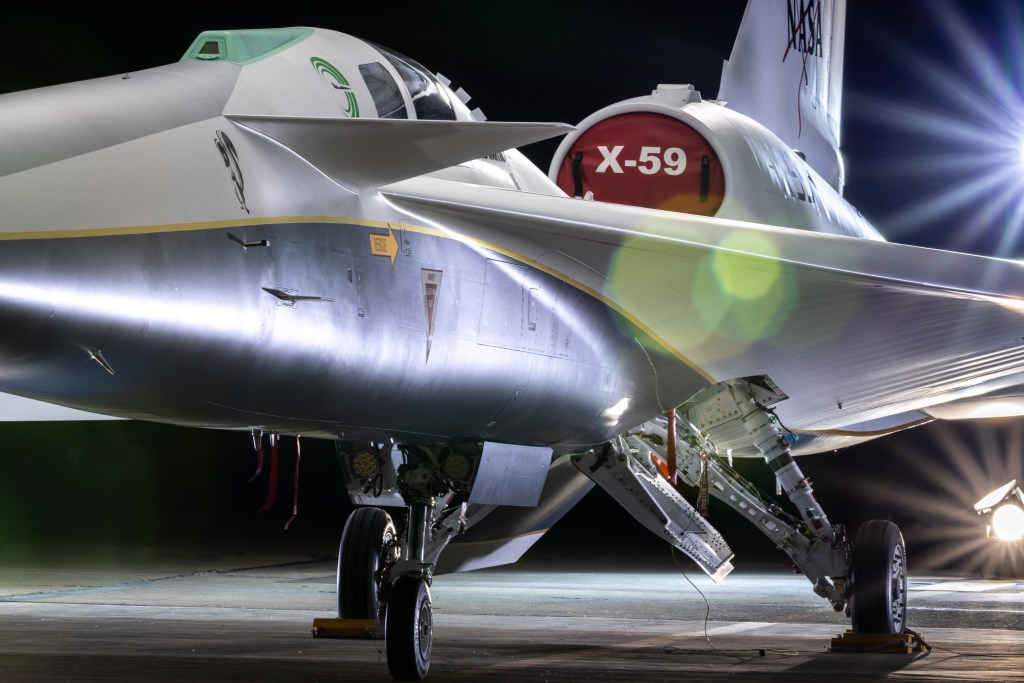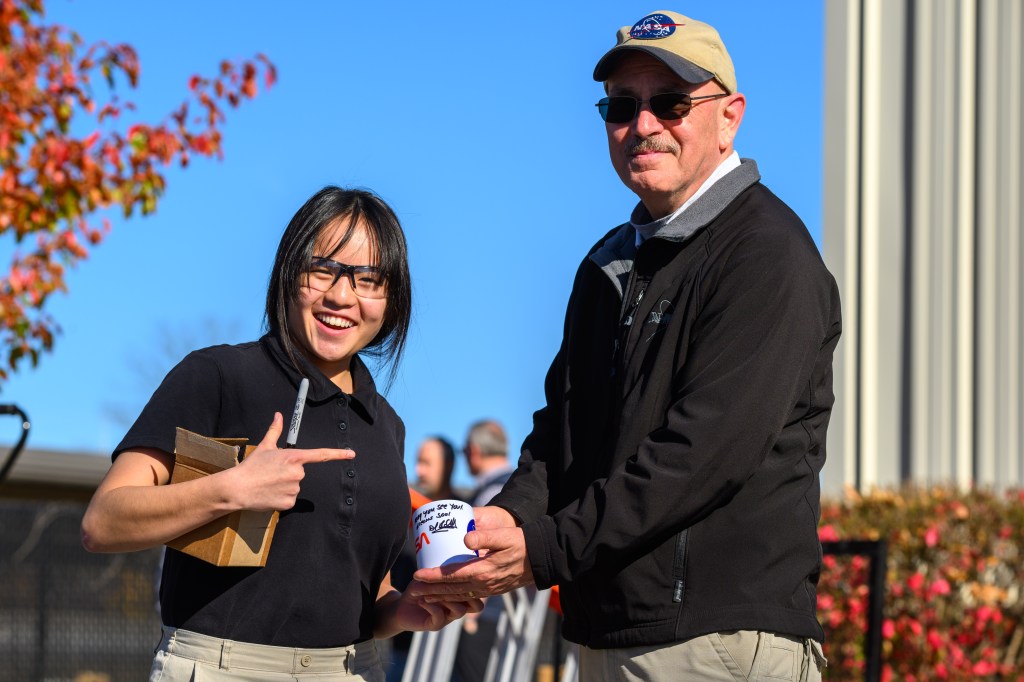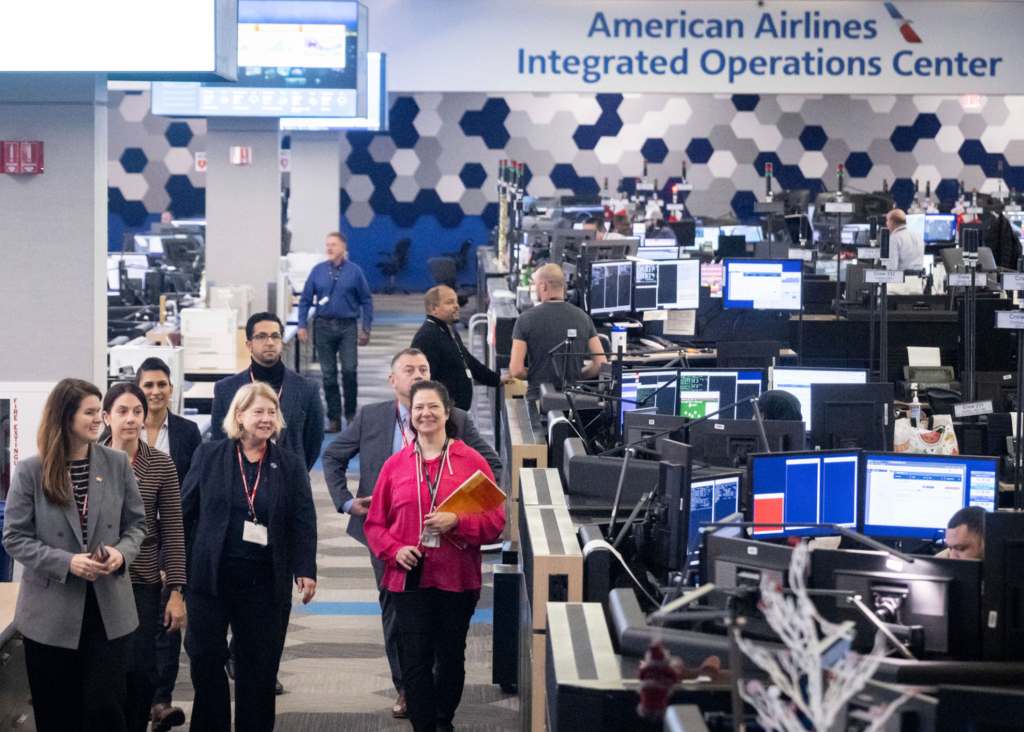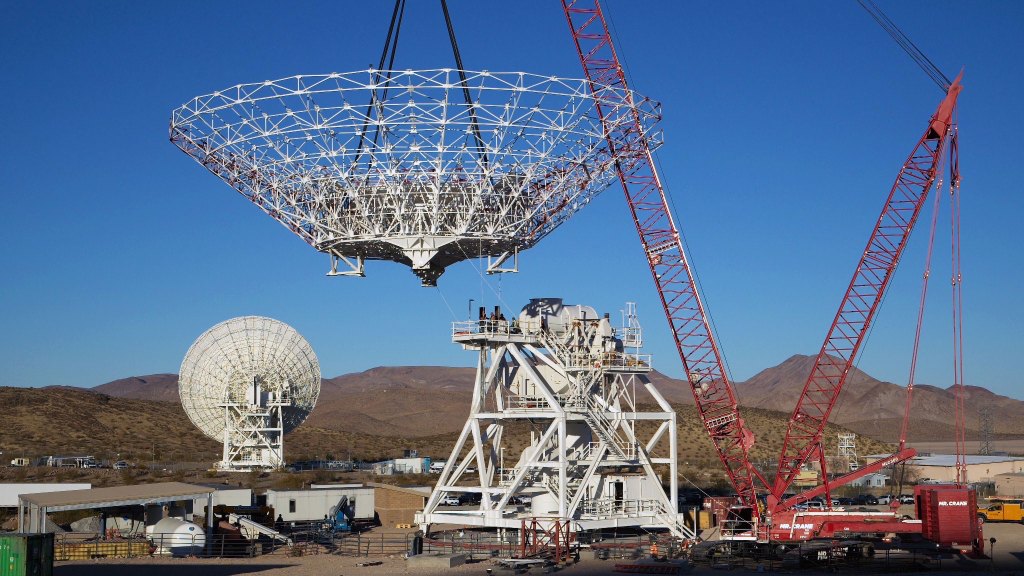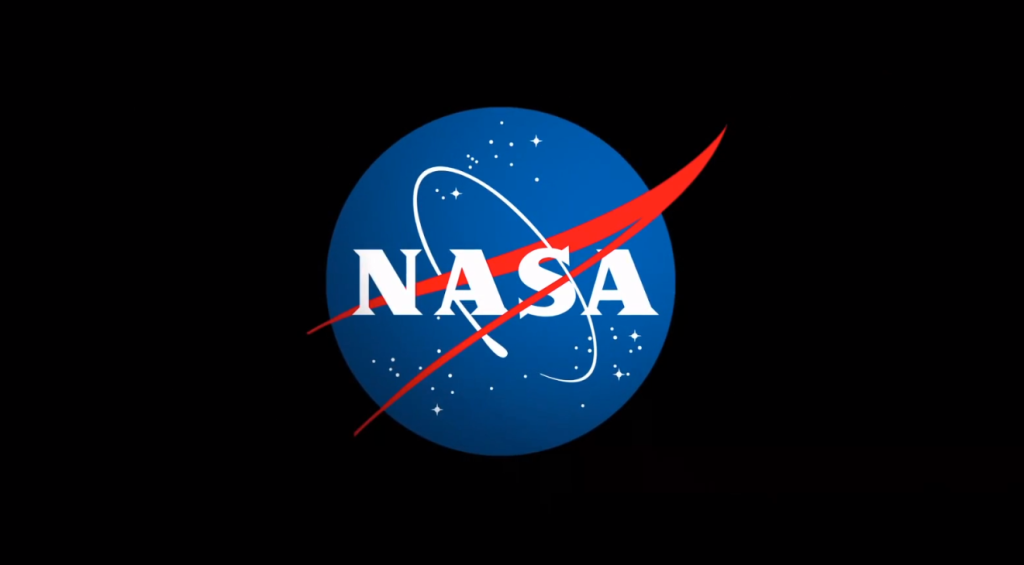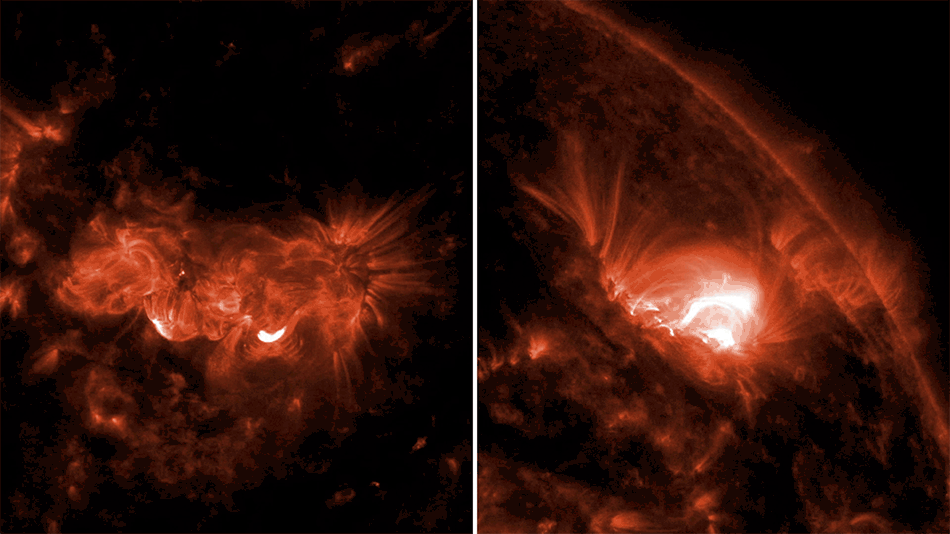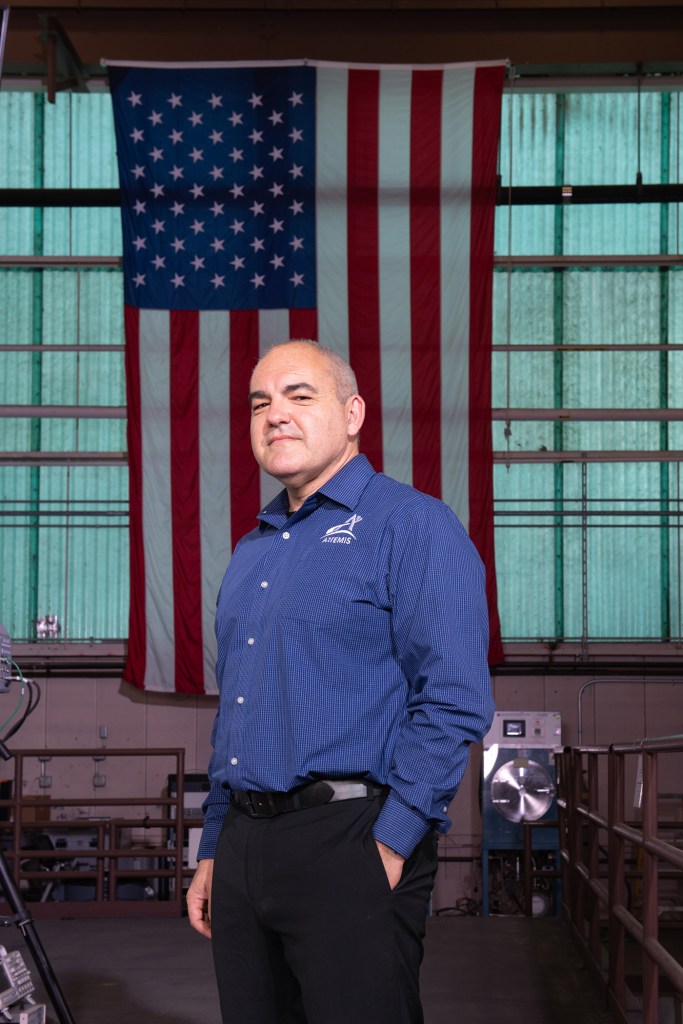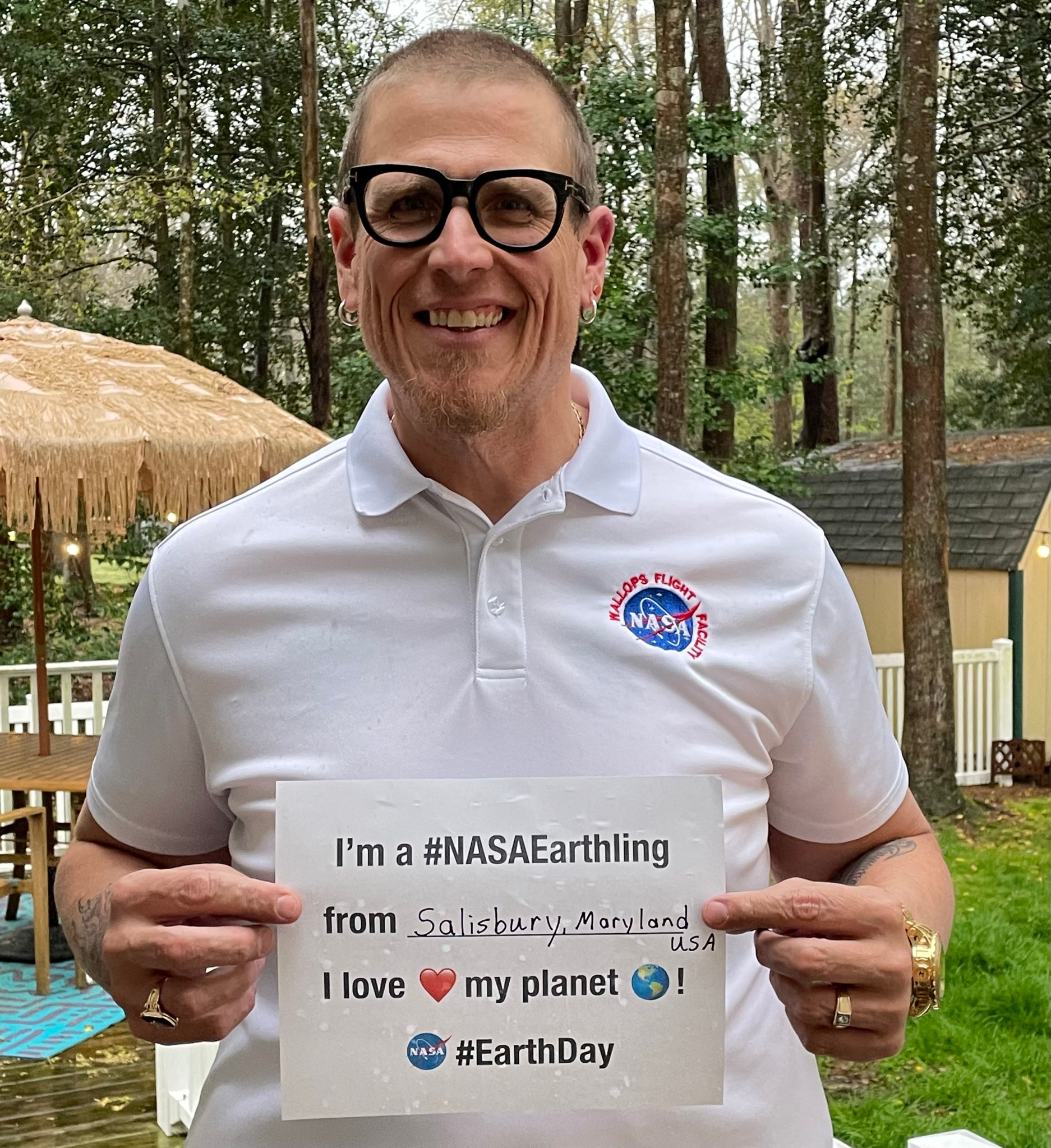Brian Campbell began his career as a high school science teacher, and today his passion for teaching science helps him lead citizen science, mission outreach and education efforts from NASA’s Wallops Flight Facility.
In his role as NASA Senior Earth Science Specialist, Campbell’s work reaches people from around the world, through the GLOBE Observer Citizen Science program and education efforts for NASA’s ICESat-2 (Ice, Cloud, and land Elevation Satellite-2) mission.
“I work to help students, educators, citizen scientists, and researchers take and see the importance of local to global observations that help us all understand just how important each and every measurement is to the real world and how our planet is responding to a changing climate,” Campbell said.
The GLOBE Observer program, or Global Learning and Observations to Benefit the Environment, allows citizen scientists around the world to collect data that students and scientists can use. GLOBE citizen scientists can submit observations of clouds, trees, land cover, and mosquito habitats. Campbell serves as the lead for tree science and the Trees around the GLOBE Student Research Campaign. In this role, he analyzes data from NASA satellites and makes the science understandable to a variety of ages and learning styles.
“Every year, I work with students from more than 100 countries by teaching them about the latest NASA Earth science, leading hands-on discovery of NASA science, and showcasing the science they do and learn every day,” Campbell said. “I also love learning about all the new NASA Missions and what they will study. With 21 years at NASA, I am still always amazed and the scientific discoveries we see often.”
Campbell’s advice to young people interested in science is to follow their passions and not be afraid of failure.
“Follow your passion, but, if you think that your passion for a particular science is dwindling due to an overwhelming interest in something else, explore that new-found passion. It might just be what you were meant to do,” he said. “Also, don’t fear failure. We often hear the famous saying, often attributed to NASA, ‘Failure is not an option!’ To me, failure is definitely an option. I have failed, often, but each time it taught me something that minimized future failures. Doing science is a learning process, one that takes careful skill and analysis, that affords one to answer small to big questions, questions that can help us all understand things just a bit better.”
By Jessica Merzdorf Evans
NASA’s Goddard Space Flight Center, Greenbelt, Maryland

